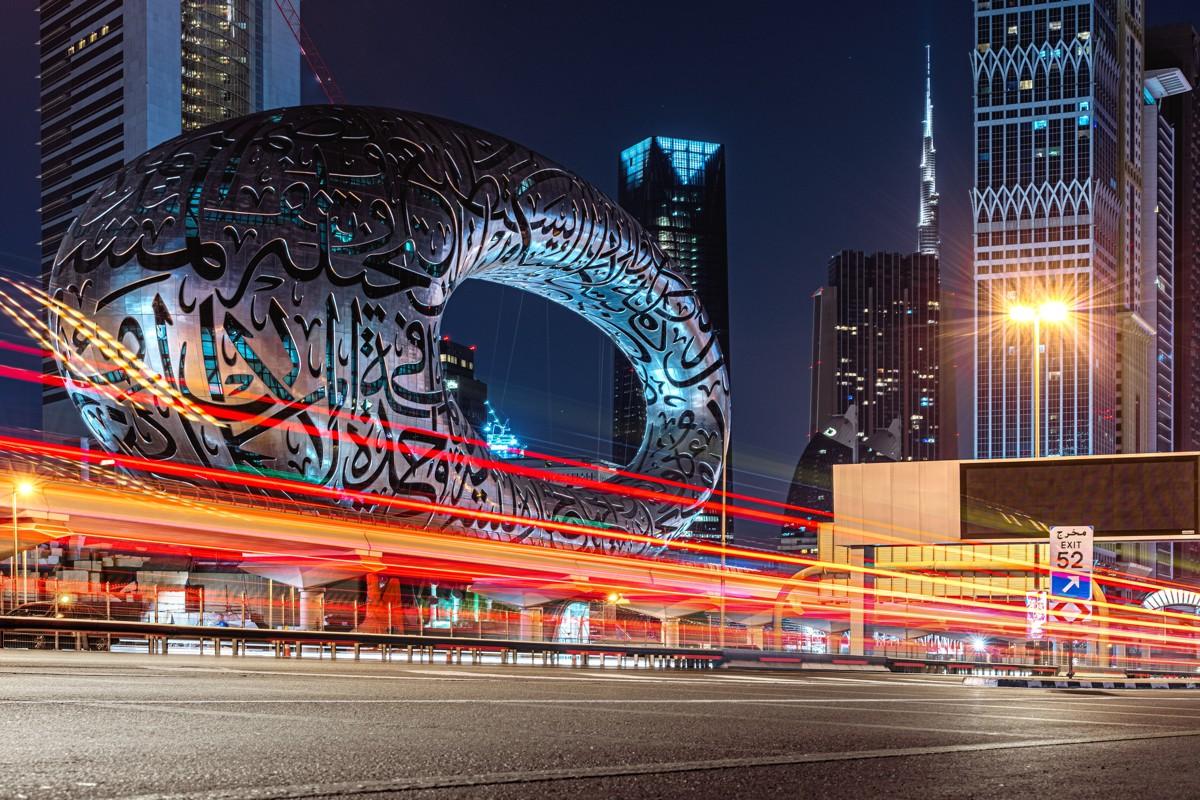Dubai's population will exceed 3.825 million by the end of 2024, marking one of the largest annual increases in the history of the UAE's economic hub.
More than 169,000 new residents arrived in the emirate last year, the highest number since 2018.
This growth is being driven by strong interest from professionals, office workers and investors attracted by the city's dynamic development and promising economic environment. During the course of a day, Dubai's population grows by more than one million people as commuters from neighbouring emirates such as Abu Dhabi, Sharjah and Ajman travel to work and business meetings. This constant movement puts a strain on the city's infrastructure, but also boosts the economy.
Statistics show that Dubai's population is growing steadily:
- 2024 by 169 thousand people
- 2023 by 104 thousand people
- 2022 by 71.5 thousand people
- 2021 by 67 thousand people
- 2020 by 54.7 thousand people
Thanks to effective management measures during Covid-19, the emirate continued to attract new residents even in the challenging year of 2020, reinforcing its reputation as a stable and reliable place to live and work. Rapid population growth is having an impact on key sectors of the economy. Increased demand for housing, transport, healthcare, education and utilities is creating new opportunities for both the public and private sectors.
The property, transport, healthcare and education sectors are particularly benefiting. In addition, public services and related fee-for-service business models are benefiting significantly from the growing population.

Experts predict that population growth will significantly increase consumption, providing a powerful stimulus to the economy in 2025 and beyond. This will have a particular impact on:
- The food and FMCG market
- The housing sector, where property transactions are expected to increase
- The labour market, with increased demand for professionals in various sectors.
Despite the positive momentum, population growth does pose some challenges. One of the main problems is traffic congestion. As in most of the world's megacities, traffic jams have become a way of life in Dubai. However, the city authorities are actively implementing infrastructure projects such as new roads, bridges and transport systems to minimise congestion. The horizontal expansion of the city also helps to spread the load on infrastructure, reducing the likelihood of congestion on major highways and public transport.
Steady population growth reflects confidence in Dubai's economy and future development. Innovative approaches to urbanism, quality governance and investment attractiveness make the emirate one of the best places to live, work and do business. In the coming years, more and more people are expected to choose Dubai as their permanent home, further boosting the emirate's economic growth and global influence.
